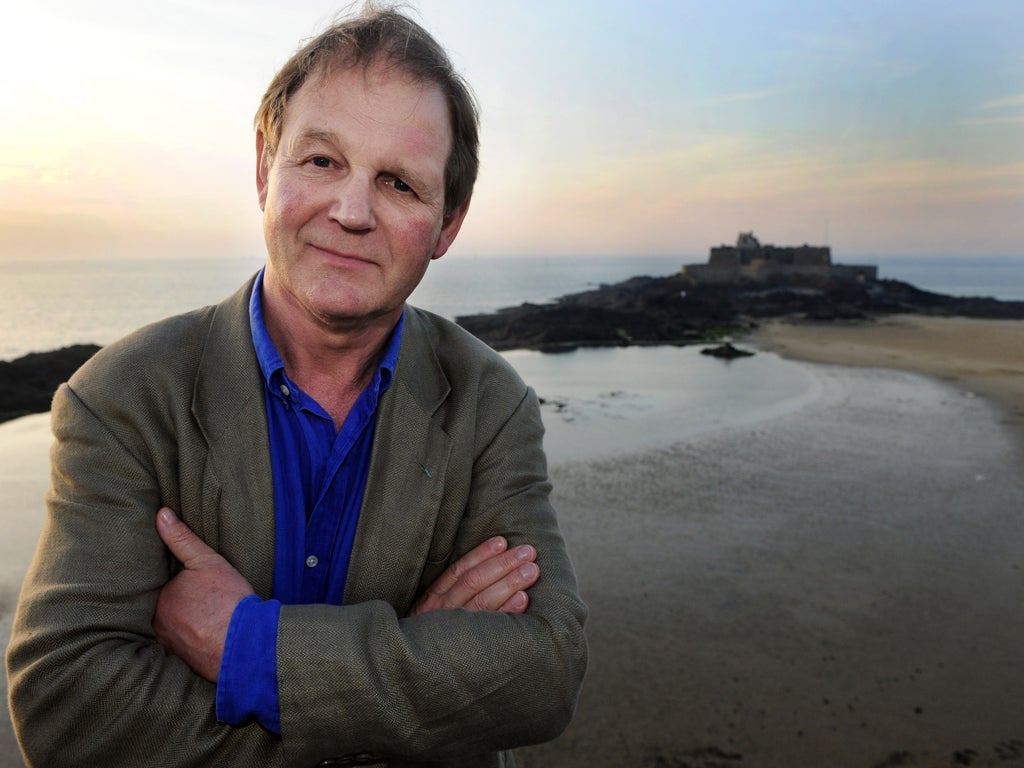The Barlow-Morgenstern Method, Radio 4, Saturday Reading Between the Lines, Radio 4, Tuesday
A whiter shade of plagiarism? Notes on a musical scandal

Your support helps us to tell the story
From reproductive rights to climate change to Big Tech, The Independent is on the ground when the story is developing. Whether it's investigating the financials of Elon Musk's pro-Trump PAC or producing our latest documentary, 'The A Word', which shines a light on the American women fighting for reproductive rights, we know how important it is to parse out the facts from the messaging.
At such a critical moment in US history, we need reporters on the ground. Your donation allows us to keep sending journalists to speak to both sides of the story.
The Independent is trusted by Americans across the entire political spectrum. And unlike many other quality news outlets, we choose not to lock Americans out of our reporting and analysis with paywalls. We believe quality journalism should be available to everyone, paid for by those who can afford it.
Your support makes all the difference.It was a surreal image: Gary Brooker, lead man of Procol Harum, playing a grand piano in the middle of a court room and singing 'A Whiter Shade of Pale'. The forensic musicologist Peter Oxendale was there. "It was staggeringly beautiful," he fondly recalled.
Oxendale also acted for Neil Innes when the former Bonzo sued Noel Gallagher for pinching the first line of "Whatever" from Innes's "How Sweet to Be an Idiot". Innes purported not to be too bothered about the theft – though clearly bothered enough to take legal action – when he spoke to Tony Hawks on The Barlow-Morgenstern Method, a diverting exploration of musical larceny.
Hawks's springboard was the Dictionary of Musical Themes put together by Harold Barlow and Sam Morgenstern, still the go-to reference work when plagiarism goes to court.
I'm not sure how Hawks managed to get through the programme without mentioning Led Zeppelin, who ripped off a sizeable clutch of blues greats when compiling their multi-million selling canon, but it was entertaining none the less. Oxendale outlined a neat trick that light-fingered songwriters should consider: if you've written something that may land you in court, you simply need to consult all the experts – every single one – and conflict-of-interest rules mean that they won't be able to act for your adversary. Sneaky.
The children's author Michael Morpurgo, who to my knowledge has never been accused of plagiarism, was busy investigating the state of the nation's child literacy in Reading Between the Lines. There's a new screening programme for synthetic phonics (essentially, saying the bits of a word singly then putting them together) on the way, and Morpurgo was railing slightly at the regulated, uniform nature of it all. But he was mostly persuaded that it's a good thing, especially when it was pointed out that a pilot scheme last year uncovered a vast legion of children struggling with their reading.
He spoke to "CG", a young lad whose life has been transformed by being able to read. "You may think it's weird but I go to my shed to read," said the boy. "When you're there you can imagine whatever you want." You could almost hear Morpurgo purring.
Join our commenting forum
Join thought-provoking conversations, follow other Independent readers and see their replies
0Comments